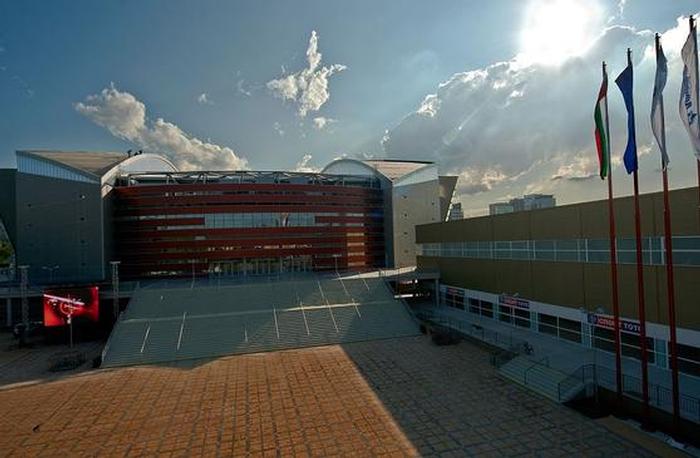Slavka Gancheva - EssayAccess denied?There are many ways to describe my hometown Sofia, capital of Bulgaria. Some argue that it is fascinating, with its own character and curiosities. Others insist that it is fast on the road to becoming just one of many soulless urban nodes the world over. However, in all the descriptions of Sofia I have ever seen, there is one point of view that is always conspicuously missing – that of the people, who in Bulgaria are often dismissed with the convenient label ‘disabled’. In this city struggling to reconcile its newfound European identity with the still present reminders of an outdated political regime, many societal problems that have long been addressed in other countries are only now beginning to surface. It saddens me to say that the city of Sofia is a very unfriendly place from the vantage point of someone in wheelchair or with a visual impairment. The streets, parks, and buildings become an obstacle course and even a simple trip to a nearby shop can turn into a test of endurance and will. Yet in spite of all the difficulties, a strong movement of disabled and able-bodied citizens alike has taken up the task of bringing attention to the issue of accessibility. It has been slow going but in the past two years we have seen the beginning of what will hopefully become a nationwide campaign to give everyone the opportunity to live an independent and fulfilling life. So far Sofia has been the epicenter of activity with a number of exciting projects being launched. The National Art Gallery, the Underground, and several other notable public buildings are in the process of adding ramps, elevators, and services that would allow people with mobility difficulties to enjoy a greater part of the diverse cultural life of the capital. The need for designated accessible routes to connect major buildings in the city center, however, persists. Perhaps the most significant recent development of all is the new Sports Arena “Armeets”. With its cutting edge design and meticulous adherence to all directives in place to ensure the comfort of disabled people, it has become something of a flagship to the accessibility movement. It has given disabled people access to events that were previously exceptionally difficult to attend such as concerts, sports games, and other public gatherings and inspired a newfound interest in disabled sports programs. In my essay I would like to provide an account of the historical struggle for acceptance that disabled people in Bulgaria have led and juxtapose it with the modern campaign for an accessible environment for all. The current initiatives are an admirable start to transforming the capital but a more comprehensive approach is needed to ensure the comfort of disabled citizens. Using the recently opened Arena “Armeec” as a positive precedent, I would attempt to illustrate what are the faults with the city’s current accessibility strategy and how they can be overcome to create a safe environment for all. Additional Help and InformationAre you in need of assistance? Please email info@berkeleyprize.org. |
|

